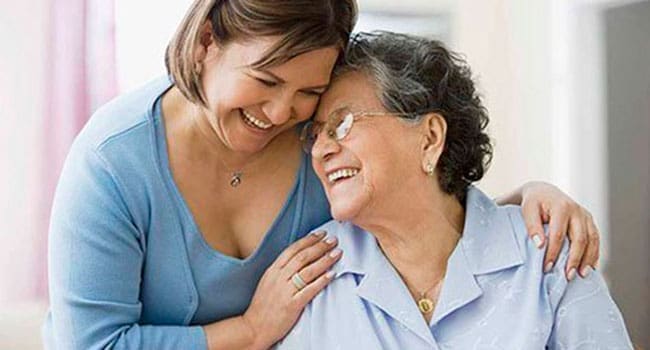 Falling into caregiving is a particularly apt descriptor for anyone whose spouse has suffered a stroke or received a cancer diagnosis. The day of a loved one’s serious head injury is the marker for a family life before and after caregiving.
Falling into caregiving is a particularly apt descriptor for anyone whose spouse has suffered a stroke or received a cancer diagnosis. The day of a loved one’s serious head injury is the marker for a family life before and after caregiving.
A catastrophic event or diagnosis catapults a caregiver into another land – a territory that’s poorly lit and offers no familiar landmarks. The rads in this new world are all one-way – towards a new normal. There’s no going back.
Fear, confusion, self-doubt and almost unendurable worry swirl to make the first days of sudden caregiving a blur. At this stage, it’s difficult to retain information or make important decisions. A future that was once so sure and carefully planned is suddenly random, chaotic and completely unknowable.
There are a few basic truths that reveal themselves in almost every story of sudden-onset caregiving. The first is that love remains intact. Looking into the eyes of your loved one and touching her hand is the beginning of your common resolve to harness love as your fuel for building a new kind of future together. The power of love can’t be underestimated in healing the hearts and minds of families. It’s the single most important ingredient in locating the path forward and the strength to walk it.
The second truth is that in caregiving, time slows. As matters of the ‘before’ life cease to be important, a sensation of powerlessness will likely invade the caregiver psyche. Stop and breath deeply. Stopping and observing are powerful actions for caregivers to take, especially in times of great anxiety.
Survivors of automobile accidents often describe the sensation of time slowing down when recounting their experience of a catastrophic and life-changing event. This is a deeply human response to extreme fear and anxiety, and it’s a helpful one for caregivers. Slowing down and observing your loved one, your surroundings, your self and others around you can help create a sense of calm and control.
A new caregiver will have many questions. But a few are vital to ask in the early days.
- Can I do this alone?
- Who will help me?
Identifying one friend or key ally who will promise to make personal support a priority will be a big first step toward positive action and healing in the caregiving family. Building a co-ordinated team of support will come later, but for now, securing a commitment of abiding friendship from a single support person is enough.
“Live in the moment, minute by minute and day by day,” may sound like a new-age and rather trite adage. But for caregivers who find themselves newly minted in the first days post-diagnosis of their loved one, this is a viable mantra.
Take it slowly and look at your loved one. Look into their eyes and look at their hands. Strength for the long road is in the immediate and in the bond between caregiver and loved one.
That bond is where everything begins.
Dana Wilson is an Edmonton based freelance writer.
A message from our Editor
An aging Canadian population and smaller families, combined with reduced health and social care budgets, mean the challenges of providing care to seniors will only worsen. Legions of families are buckling under the emotional, physical and fiscal burdens of caregiving. These pressures will be exacerbated by growing numbers of people living with demanding health challenges such as dementia, with fewer and fewer people to take care of them. The natural web of caring that so many of us take for granted is at risk of unravelling. Troy Media’s Family Ties examines the issues facing caregivers and the healthcare system in general and seeks solutions. If you have a story to tell, contact us at [email protected].
The views, opinions and positions expressed by columnists and contributors are the author’s alone. They do not inherently or expressly reflect the views, opinions and/or positions of our publication.


